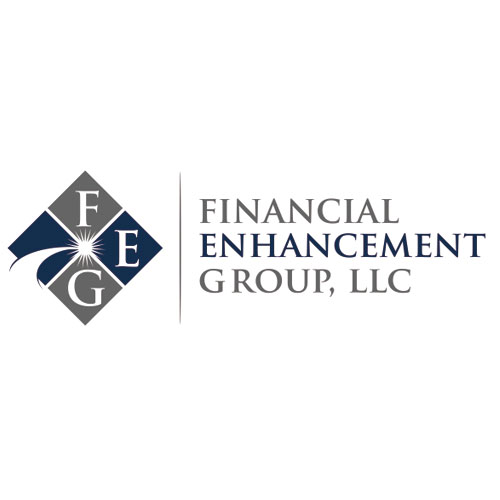[vc_row][vc_column width=”1/4″ offset=”vc_hidden-xs”][vc_widget_sidebar sidebar_id=”sidebar-main”][/vc_column][vc_column width=”3/4″][vc_column_text]
In life and in work, we tend to gravitate toward employing the skills and interests that come to us “naturally”. Working in business for more than a quarter century, it’s often said that 80% of the value an individual brings to a major project is contributed during the first 20% of time invested. At that point, it is often more efficient to transition the project to an individual whose expertise most closely aligns with the next stage of the project.
While inefficiency usually increases cost, it’s not necessarily destructive. But that all changes when it comes to finances, where the inefficient allocation of expertise can be economically painful and even disastrous. When it comes to managing money, a valuable maxim to keep in mind is that “you don't know what you don't know.”
The five key areas of financial planning are retirement, taxes, investment, risk management and estate planning. Very few people possess a skill set in each area, so most of us hire an accountant or an attorney and buy a little insurance. We trust the “experts” to take it from there, following our natural inclination to focus on the subjects we like and understand. But what if the professionals you assume are dealing with the areas you’re not focused on really aren't addressing the issues at all?
Confidentiality issues and other restrictions can create an environment where specialized professionals don't collaborate on individual client issues. You may have the best attorney money can buy, but if he or she is unaware of the tax issues your CPA is contemplating, inefficiencies and mistakes can occur. Sadly, such situations are common.
Assembling a financial team requires finding competent professionals who not only can, but will, work together. Professional courtesy cannot be allowed to override the expertise of any member on your team. If an accountant, financial planner, or attorney perceives a conflict, open discussion is critical.
During my career, I’ve been blessed to work with many talented experts, but perhaps the most beneficial partnering has been with a CPA firm. Attending 12 years of partner meetings and seeing what CPAs did and didn’t know was enlightening. Even more insightful was learning what I did not know and how “book knowledge” differs from practical application. The relationship succeeded because neither party was reluctant to ask for help. Questions were not perceived as weaknesses but rather as opportunities to efficiently draw on years of experience.
The goal of this column is to encourage you to stay focused on the topics you enjoy learning about and to hand over those topics you’re less interested in to a team of qualified professionals willing to work together. Lifelong learning is essential in a world characterized by change and focus plus teamwork is essential to a successful retirement. Your attorney, financial advisor and accountant should not just know one another but have a process for collaboration and it is fair to ask how that collaboration takes place.
Disclaimer: Do not construe anything written in this post or this blog in its entirety as a recommendation, research, or an offer to buy or sell any securities. Everything in this post is meant for educational and entertainment purposes only. I or my affiliates may hold positions in securities mentioned in the blog. Please see my Disclosure page for full disclaimer.
[/vc_column_text][/vc_column][/vc_row][vc_row][vc_column offset=”vc_hidden-lg vc_hidden-md vc_hidden-sm”][vc_widget_sidebar sidebar_id=”sidebar-main”][/vc_column][/vc_row]


